 ARLINGTON, VA – Bolthouse Farms’ pea powder-based beverage is unfairly and illegally skirting federal regulations by marketing its product labeled as milk, according to the National Milk Producers Federation (NMPF), and FDA must take enforcement action against the maker of the product, Campbell Foods.
ARLINGTON, VA – Bolthouse Farms’ pea powder-based beverage is unfairly and illegally skirting federal regulations by marketing its product labeled as milk, according to the National Milk Producers Federation (NMPF), and FDA must take enforcement action against the maker of the product, Campbell Foods.
In a letter sent today to the U.S. Food and Drug Administration (FDA), NMPF criticized both Campbell Foods and its California-based Bolthouse brand for the prominent use of the word “MILK” on the center of its package. According to NMPF, Bolthouse violates federal regulations by inaccurately labeling its product as milk, and ignoring FDA standards of identity that make clear milk and other dairy products must be sourced from animals, not plants.
Adding to the concern, the letter noted that in many grocery stores the Bolthouse product is sold in the dairy case immediately adjacent to real cow’s milk, further leading to consumer confusion about the origin and nutritional content of the product. The “lack of segregation, combined with the deliberate attempt to mislead consumers with the prominent use of the term ‘MILK’ on the label,” can easily confuse customers into believing the pea powder-based product is another brand of cow’s milk, NMPF wrote.
“At first glance, a consumer will see the word ‘milk’ and assume it’s an attractively packaged dairy product,” said NMPF President and CEO Jim Mulhern. “Bolthouse shouldn’t deceive consumers in this way. FDA needs to immediately stop Campbell’s egregious violation of longstanding food labeling laws.”
The opaque powder-based fluid sold by Bolthouse Farms attempts to replicate the color, taste and mouthfeel of regular milk. But compared to milk’s three ingredients, Bolthouse’s pea product contains 14, all of which are added during factory processing.
At a time when consumers are seeking clean labels and more natural products, “Bolthouse is inaccurately labeling its product and deceiving consumers about its true content. Regular milk is the simple, natural product of a healthy dairy animal,” said NMPF’s Beth Briczinski. “No matter how much gum and vitamin or mineral supplements you add to a product, it will never replace milk’s natural goodness.”
In the fall of 2016, NMPF and the International Dairy Foods Association (IDFA) contacted Campbell Foods before the launch of its new Bolthouse Farms’ pea powder-based beverage, telling the company’s general counsel that the product did not adhere to federal standards of identity for dairy foods and therefore should not be labeled as “milk.” The dairy groups sent the letter “to provide Campbell’s an opportunity to address these issues before officially launching the product line.”
NMPF’s previous outreach to Campbell Foods “unfortunately has fallen on deaf ears, requiring us to bring this matter to the attention of FDA,” Mulhern said.
###
The National Milk Producers Federation (NMPF), based in Arlington, VA, develops and carries out policies that advance the well-being of dairy producers and the cooperatives they own. The members of NMPF’s cooperatives produce the majority of the U.S. milk supply, making NMPF the voice of dairy producers on Capitol Hill and with government agencies. For more on NMPF’s activities, visit our website at www.nmpf.org.
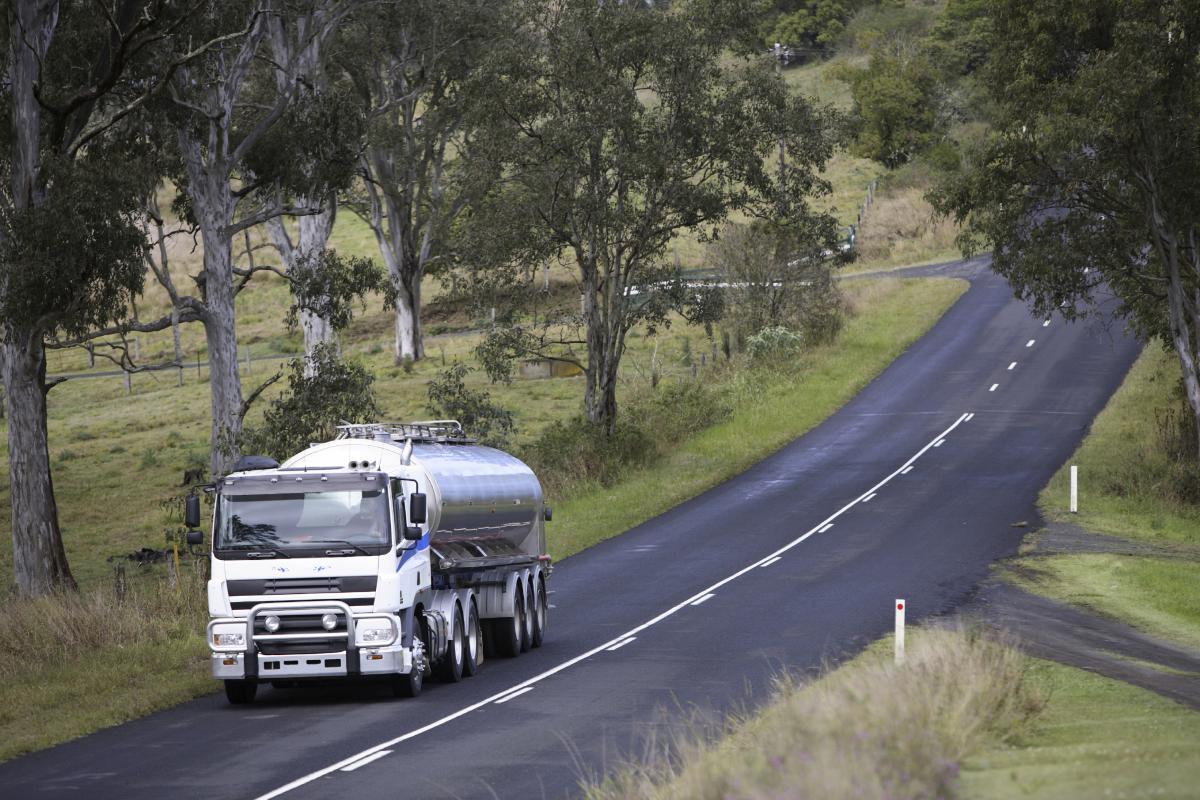 NMPF is working to relieve the dairy industry from a pending mandate that dictates all commercial trucks be equipped with electronic logging devices (ELDs) to track compliance with federal hours of service (HOS) regulations.
NMPF is working to relieve the dairy industry from a pending mandate that dictates all commercial trucks be equipped with electronic logging devices (ELDs) to track compliance with federal hours of service (HOS) regulations.
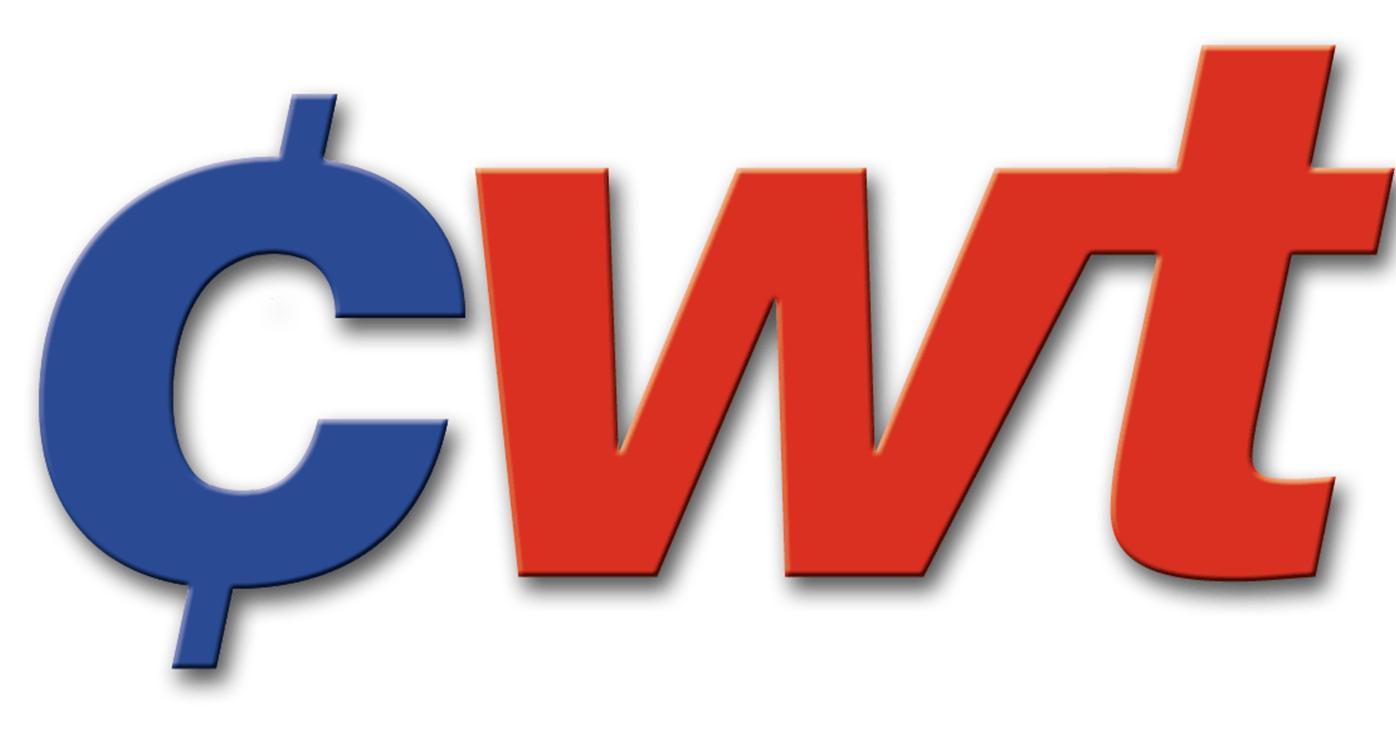 Cooperatives Working Together (CWT) assisted member cooperatives in securing 78 contracts last month to sell 10.64 million pounds of American-type cheeses and 2.92 million pounds of butter to customers in Africa, Asia, Central America and the Middle East. The product will be shipped to customers in 12 countries in five regions of the world during the months of March-June 2018.
Cooperatives Working Together (CWT) assisted member cooperatives in securing 78 contracts last month to sell 10.64 million pounds of American-type cheeses and 2.92 million pounds of butter to customers in Africa, Asia, Central America and the Middle East. The product will be shipped to customers in 12 countries in five regions of the world during the months of March-June 2018.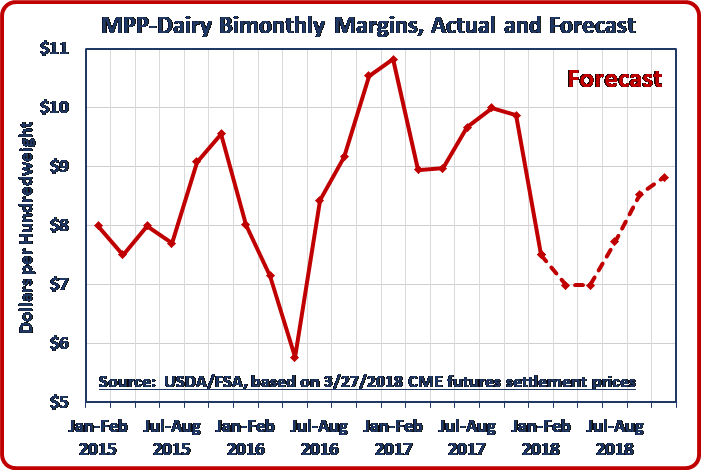 The monthly margin under the Margin Protection Program (MPP) for February 2018 was $6.88/cwt., $1.23/cwt. less than the margin a month earlier. This was the third monthly drop of more than $1.00 in the MPP margin. The two previous ones, in December and January, were driven mostly by lower milk prices. The further drop from January to February was split more evenly between a lower all-milk price and an increase in the formula’s determination of feed costs. Most of the feed cost increase for February, on a per-hundredweight-of-milk basis, was due to higher soybean meal prices. All three components of the MPP feed cost formula rose from January to February.
The monthly margin under the Margin Protection Program (MPP) for February 2018 was $6.88/cwt., $1.23/cwt. less than the margin a month earlier. This was the third monthly drop of more than $1.00 in the MPP margin. The two previous ones, in December and January, were driven mostly by lower milk prices. The further drop from January to February was split more evenly between a lower all-milk price and an increase in the formula’s determination of feed costs. Most of the feed cost increase for February, on a per-hundredweight-of-milk basis, was due to higher soybean meal prices. All three components of the MPP feed cost formula rose from January to February.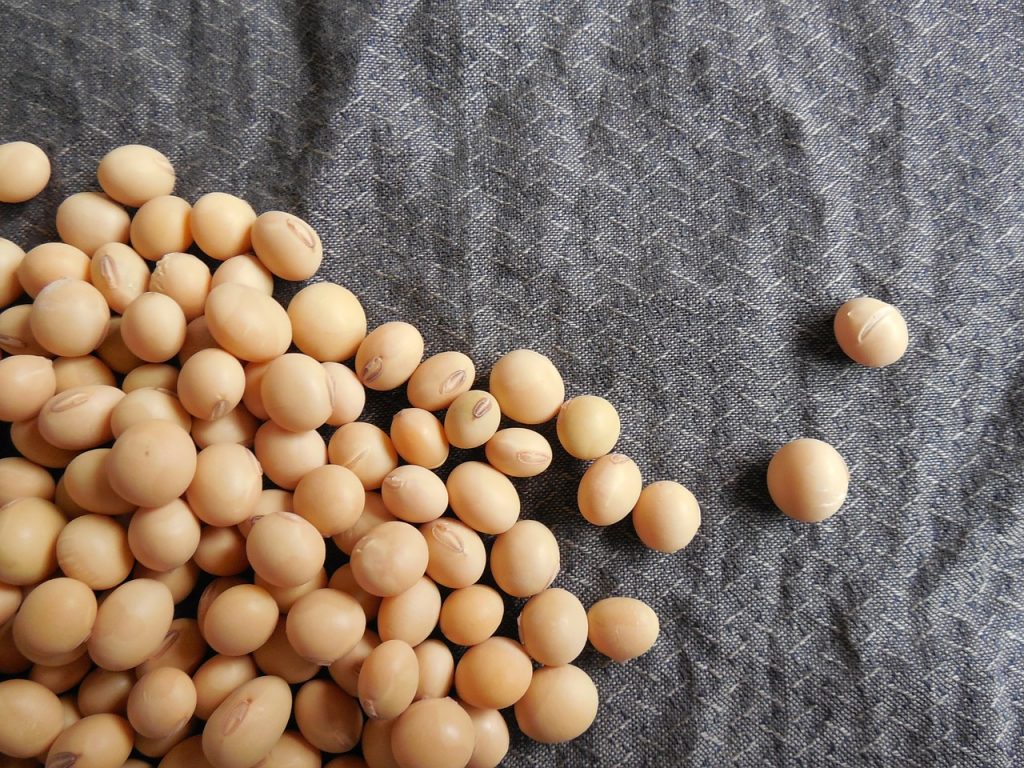 NMPF
NMPF 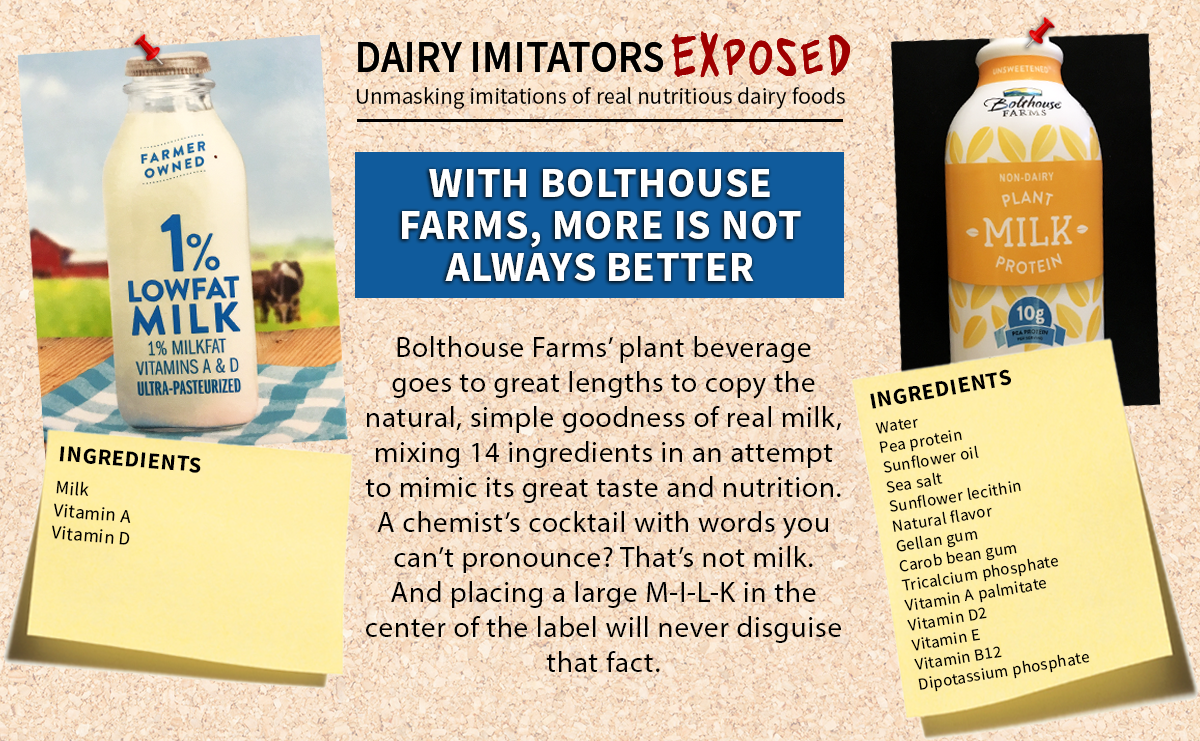
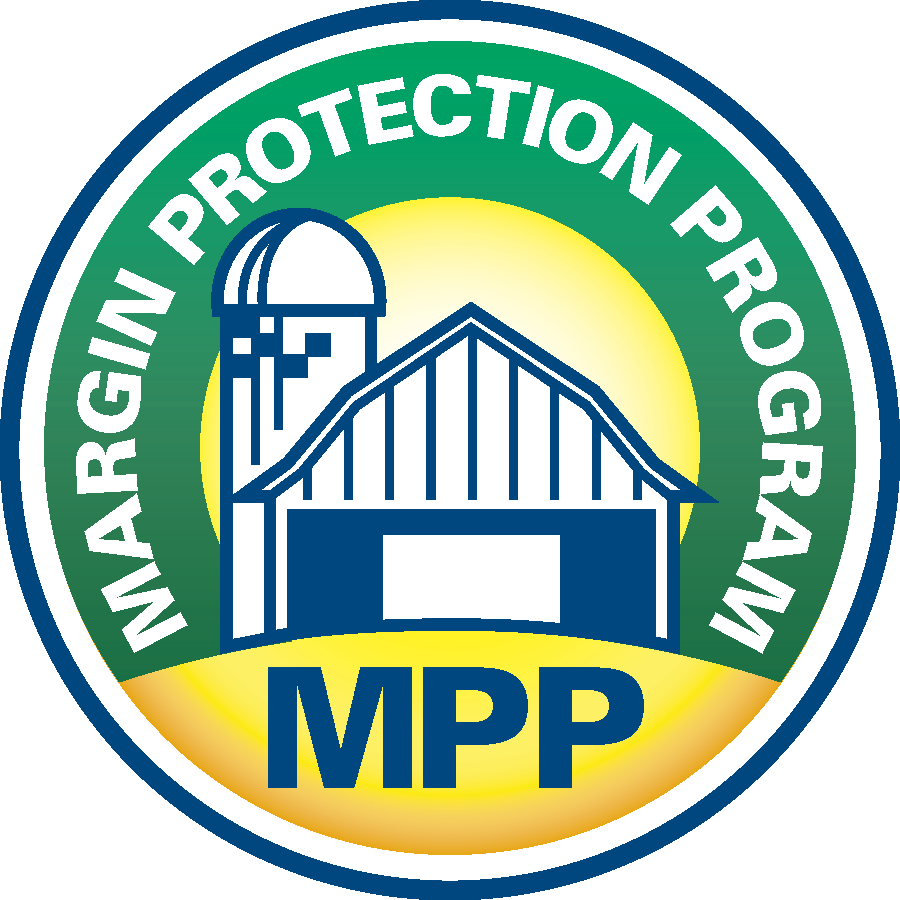 Following an Agriculture Department announcement that it would re-open the enrollment period for the dairy Margin Protection Program (MPP), NMPF encouraged producers to review the new coverage options available under the improved program, which will open for sign up on April 9 and close June 1.
Following an Agriculture Department announcement that it would re-open the enrollment period for the dairy Margin Protection Program (MPP), NMPF encouraged producers to review the new coverage options available under the improved program, which will open for sign up on April 9 and close June 1. With mere hours to go before a potential third government shutdown, Congress passed a $1.3 trillion spending bill on March 22 that contained several important achievements for America’s dairy farmers, including committee report language directing FDA to act on mislabeled dairy imitations, and relief from potential regulation under the CERCLA law. President Donald Trump signed the massive appropriations bill into law the following day.
With mere hours to go before a potential third government shutdown, Congress passed a $1.3 trillion spending bill on March 22 that contained several important achievements for America’s dairy farmers, including committee report language directing FDA to act on mislabeled dairy imitations, and relief from potential regulation under the CERCLA law. President Donald Trump signed the massive appropriations bill into law the following day.




